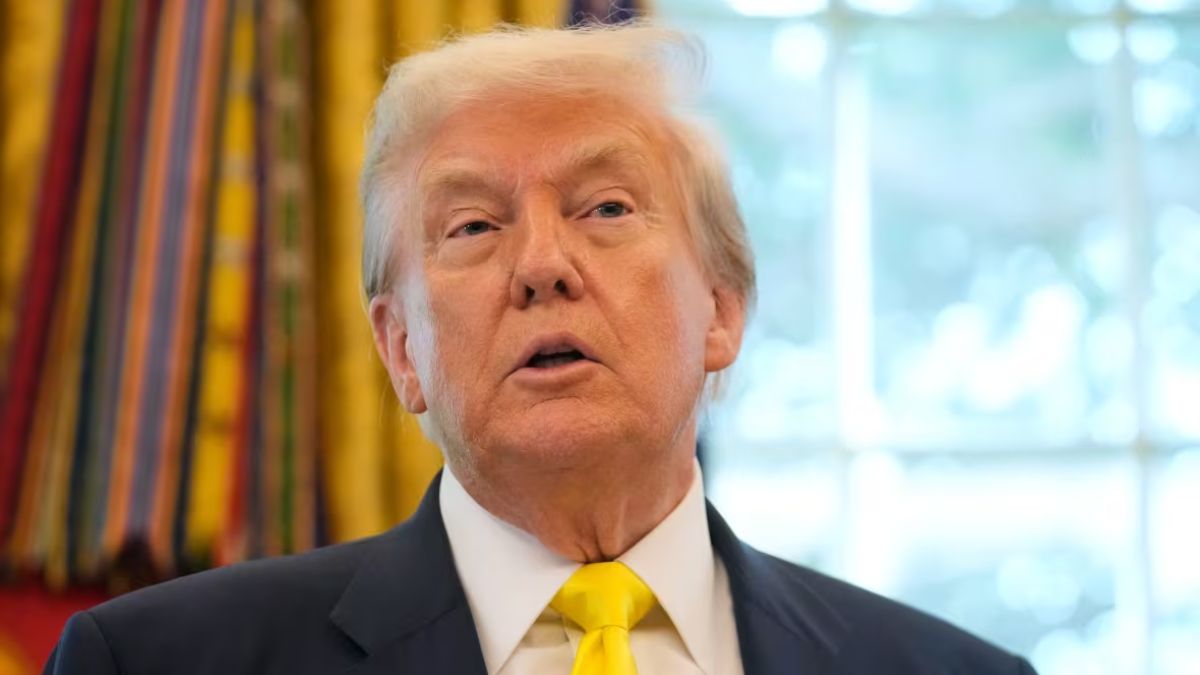New Hampshire Representative Keith Ammon (R) has proposed a bill that would allow the state to invest a portion of its public funds into digital assets and precious metals, including Bitcoin.
This move is aimed at protecting the state from inflation and aligning with the state’s cultural values of freedom and sovereignty.
A Step Toward Financial Independence
Ammon emphasized that New Hampshire’s ethos of “Live Free or Die” reflects a desire for less regulation and more financial autonomy.
He sees this bill as an opportunity to invest in an uncorrelated asset class, with Bitcoin being the most prominent example due to its market capitalization.
Bill Details and Bitcoin’s Role
The bill allows the state’s treasurer to allocate funds into assets such as gold, platinum, and Bitcoin (if it maintains a market cap of over $500 billion).
While Bitcoin is the only digital asset meeting these criteria currently, the bill also permits the treasurer to engage in activities like lending or staking with digital assets, similar to the processes used in proof-of-stake networks like Ethereum.
The bill caps Bitcoin allocations at 10% of the state’s public funds. As of June 30, New Hampshire’s Treasury held approximately $3.6 billion in assets.
A National Trend
Ammon’s proposal is part of a broader national conversation about Bitcoin reserves. Former President Donald Trump and other political figures have advocated for creating a national Bitcoin stockpile, while states like Texas, Pennsylvania, and Ohio are exploring similar measures.
The concept of a strategic Bitcoin reserve is gaining traction, with some viewing it as a way to hedge against inflation and increase financial sovereignty.
New Hampshire’s Leadership
Ammon believes that New Hampshire, with its historical role in the U.S. presidential primaries, is well-positioned to be the first state to establish a Bitcoin reserve.
He sees this as a crucial step for states to stay ahead in the evolving financial landscape. However, Ammon’s discussions with Monica Mezzapelle, the state treasurer, are still in the early stages, and her stance on the bill remains unclear.
As more states and political figures consider Bitcoin reserves, New Hampshire’s potential move could set a precedent for others to follow.












Leave a comment